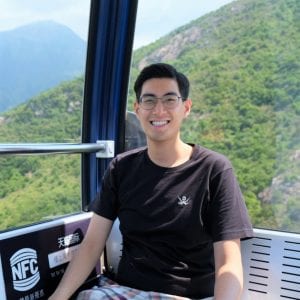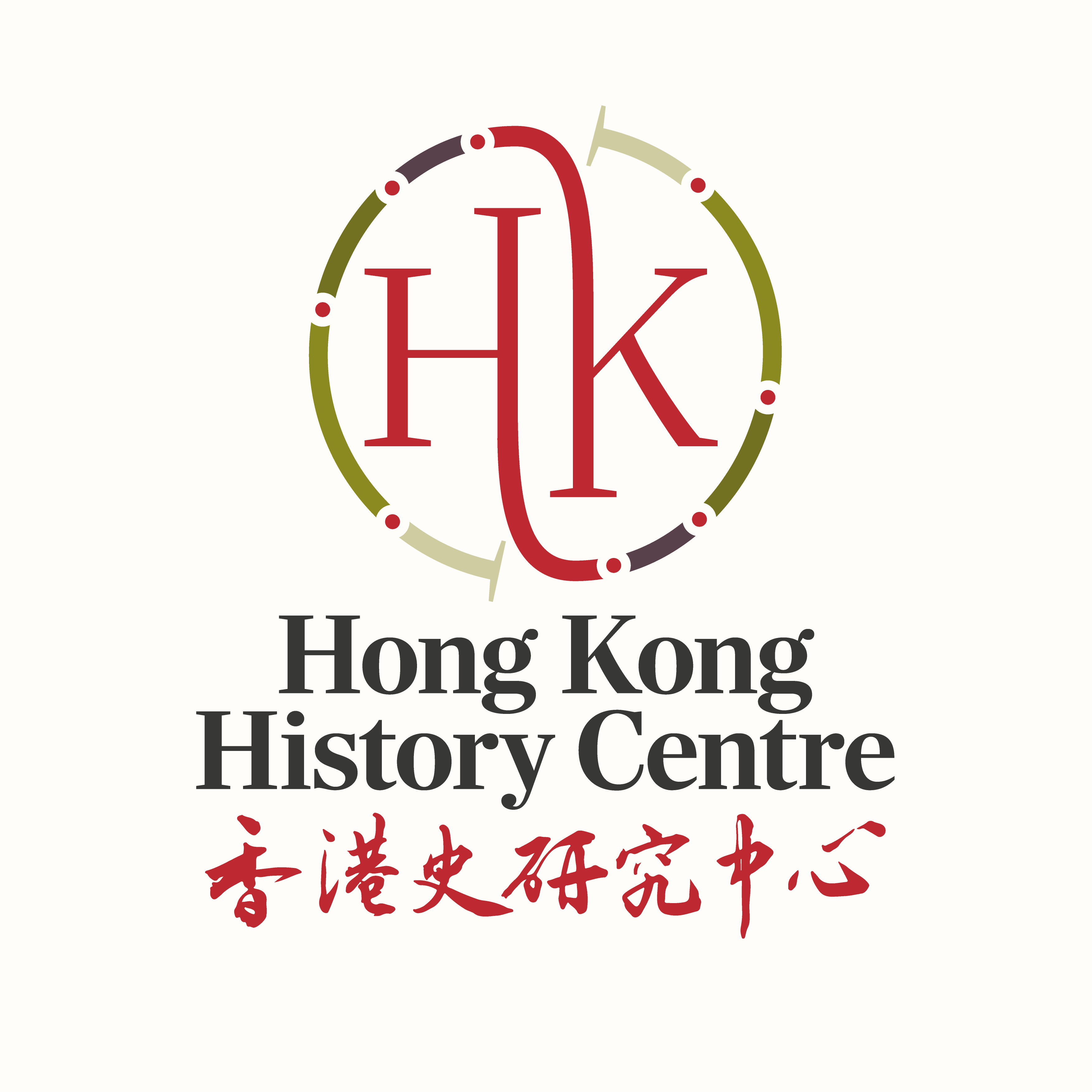This week our guest writer is Reynold Tsang, MPhil student at the University of Hong Kong. Born and raised in Hong Kong, Reynold shares with us his research on the development of museums in late colonial Hong Kong, and how such research informs us about various aspects of the city’s history.
 Thanks to the colourful history comic books from public libraries and various historically themed video games, I developed my interest in history at the very early stage of my life. I received my BA degree at HKU, and naturally picked History as my major. I did not have any specific research interest at first, but I was gradually attracted to Hong Kong history and history of colonialism by the end of my undergraduate study. I was born and raised in Hong Kong. As a Hongkonger, I am eager to learn more about the place I call home and love. I also feel the obligation to record the history of the city before part of it was lost or being forgotten. My interest in colonial history grew from my study of Hong Kong’s colonial past.
Thanks to the colourful history comic books from public libraries and various historically themed video games, I developed my interest in history at the very early stage of my life. I received my BA degree at HKU, and naturally picked History as my major. I did not have any specific research interest at first, but I was gradually attracted to Hong Kong history and history of colonialism by the end of my undergraduate study. I was born and raised in Hong Kong. As a Hongkonger, I am eager to learn more about the place I call home and love. I also feel the obligation to record the history of the city before part of it was lost or being forgotten. My interest in colonial history grew from my study of Hong Kong’s colonial past.
Apart from being a history lover, I am also a big fan of museums. So, I wrote about the development of museums in late colonial Hong Kong for my undergraduate dissertation. I later noticed that this topic has been overlooked by historians and there is much more to investigate. I therefore decided to continue my “unfinished” work on museums in late colonial Hong Kong in a more comprehensive manner in my MPhil study.
My study will span from the 1930s to the 1990s, covering the death, rebirth, and growth of museums in Hong Kong. I seek to answer three major questions in my study. First, how did the colonial government and the Urban Council direct museum development? Second, what were displayed or presented in the museums and why were they chosen? Third, what influences did museums bring to the community and how they interacted with each other? I will utilize different sources from various archives, including government documents, minutes and working papers of the Urban Council and the Hong Kong Legislative Council, English and Chinese newspapers, brochures and other publications of museums, guidebooks and other promotional materials for tourists.
Museum history may seem trivial, but it can shed light on different themes and issues in Hong Kong history. For example, by studying the planning and directions of museum services, we can learn about the cultural policies of the colonial authorities, which give us insights on the colonial administration of Hong Kong; by examining the collections and contents of museums, we can identify what kinds of “knowledge” and “facts” were the colonial authorities trying to convey to the public, thus revealing the hidden political or cultural agenda of the colonial authorities. Museums are also highly related to arts and culture, education and tourism. With connections to various aspects of society, museum history offers us a new perspective to look at the history of colonial Hong Kong.








